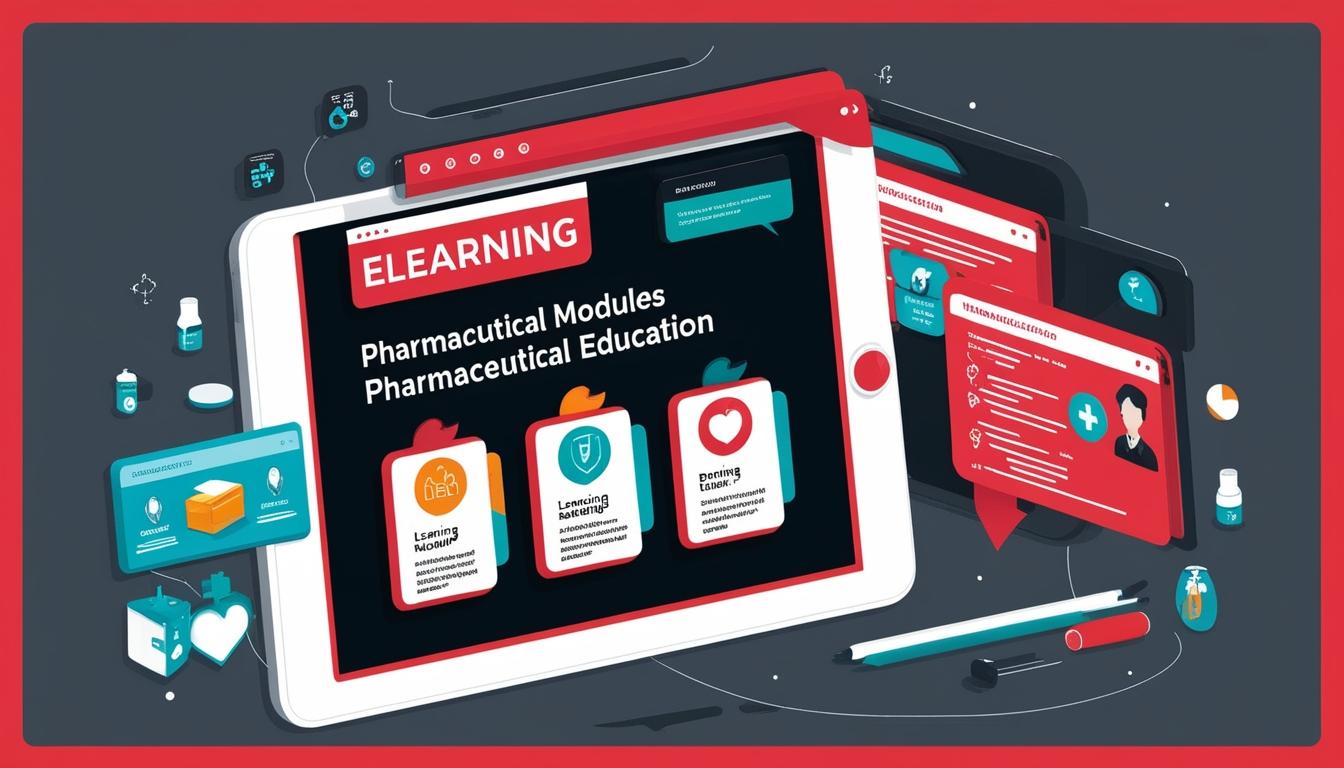The recent advancements in eLearning are reshaping the landscape of online medicine and pharmacies, enhancing both professional training and consumer knowledge. This transformation is particularly relevant as the demand for accessible healthcare products continues to grow amid a rapidly evolving global healthcare environment.
Online pharmacies have become an essential component in providing access to pharmaceutical services, yet they face numerous challenges. These challenges include navigating regulatory compliance and ensuring that consumers understand the safe use of medications. The integration of eLearning has emerged as a powerful framework to tackle these issues, enabling ongoing education for pharmacy professionals and consumers alike.
eLearning encompasses a broad spectrum of digital learning resources such as webinars, interactive courses, mobile applications, and virtual simulations. These tools are designed to be accessible and cost-effective, offering significant advantages to all stakeholders within the online healthcare sector. For pharmacy professionals, continuous training is vital in keeping them informed about new drug formulations, potential drug interactions, and regulatory changes.
The professional development aspect of eLearning includes:
- Comprehensive training courses that cover contemporary pharmaceutical research and clinical applications.
- Regular updates on evolving laws and guidelines to ensure compliance with both national and international standards.
- Specialized training aids that focus on identifying and preventing adverse drug interactions.
- Modules that develop patient counselling skills, enhancing pharmacists' ability to guide consumers effectively.
- Continuous professional development (CPD) opportunities that enable practitioners to stay informed about the latest medical technologies and treatment methods.
- Management training designed to elucidate the legal frameworks governing online medical practice.
For consumers, eLearning plays a pivotal role in education and health awareness. Online pharmacies are often accessed by a diverse range of individuals, many of whom may possess limited medical knowledge. Through targeted eLearning initiatives, these platforms can:
- Promote medication safety through concise videos and articles educating users on appropriate medication use, potential side effects, and the risks associated with self-medication.
- Launch awareness campaigns addressing critical issues such as counterfeit drugs and prescription drug abuse, utilising digital content effectively.
- Provide personalised education and support tools for managing chronic health conditions, enhancing overall patient care.
The advantages of eLearning are numerous, including 24/7 accessibility, increased cost-effectiveness by reducing the need for in-person training, and enhancements in engagement through interactive content like visuals, quizzes, and virtual reality experiences. Additionally, the capacity of online courses to reach a global audience enables pharmacies to better educate both staff and consumers across diverse geographical regions.
Despite these benefits, several challenges remain in the implementation of eLearning within the online pharmacy context. Issues with digital literacy among certain demographics necessitate the development of user-friendly platforms. Ensuring the accuracy and reliability of educational content is also paramount, which means collaboration with professionals in both the medical and legal fields is essential. Furthermore, methods to maintain student engagement must be explored, as there is a risk of users becoming disinterested over longer courses.
Looking ahead, the future of eLearning in online medicine appears promising, bolstered by the advancements in technology. Emerging technologies such as Artificial Intelligence (AI) and Machine Learning (ML) are set to tailor learning experiences based on individual user behaviours. Additionally, Augmented Reality (AR) and Virtual Reality (VR) can create immersive training simulations for healthcare professionals and consumers alike. The inclusion of multilingual support further ensures that eLearning resources are accessible to an increasingly diverse audience, paving the way for safer and smarter healthcare practices in the online pharmacy arena.
Source: Noah Wire Services
